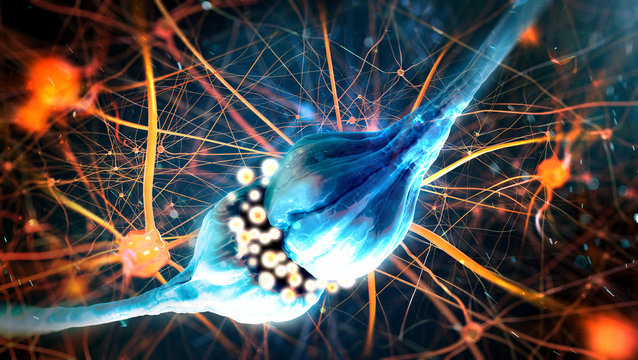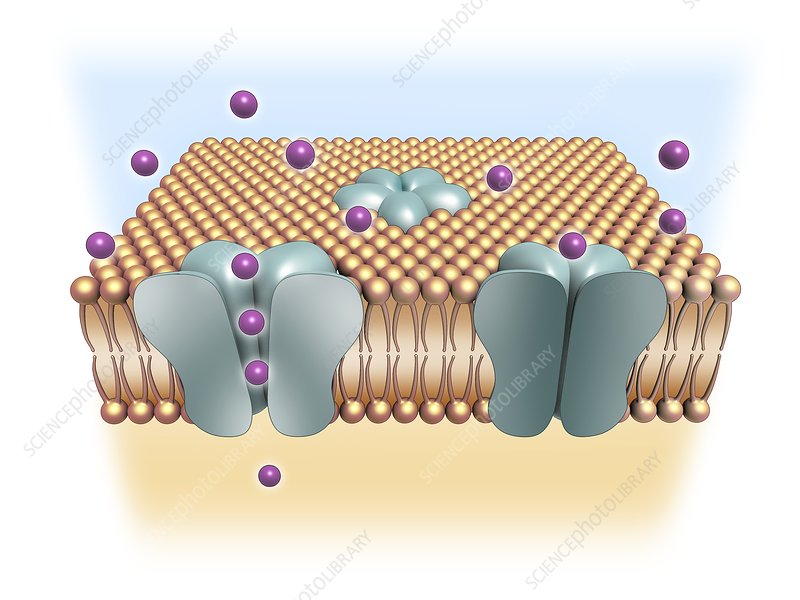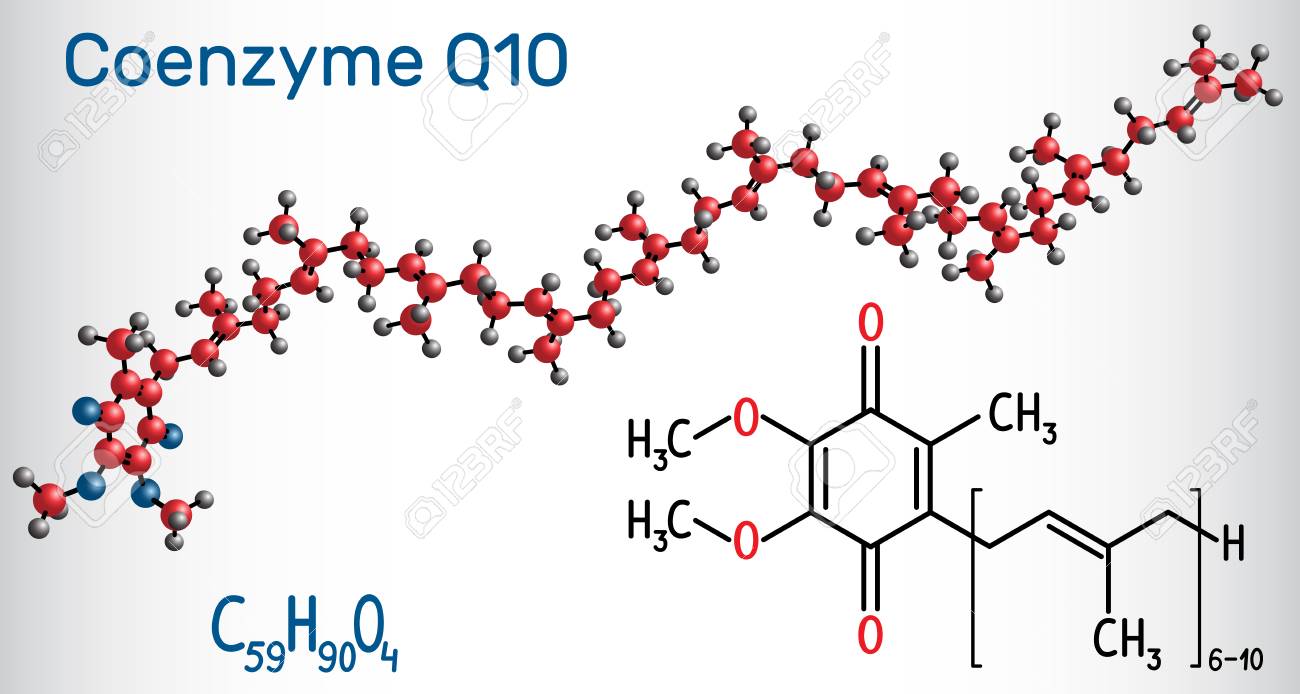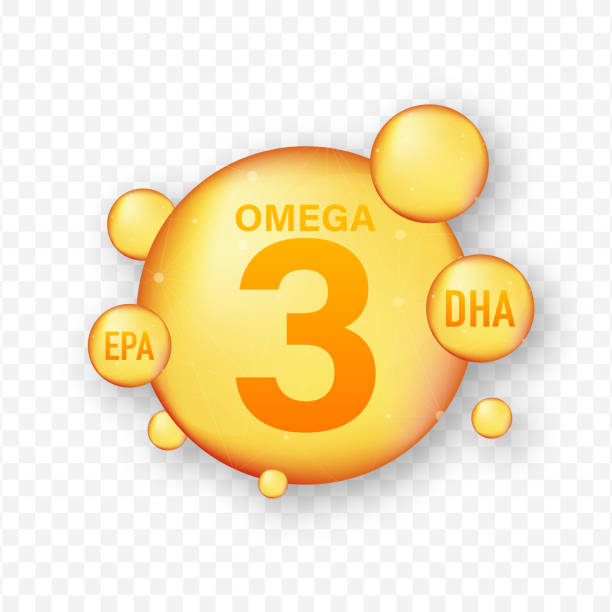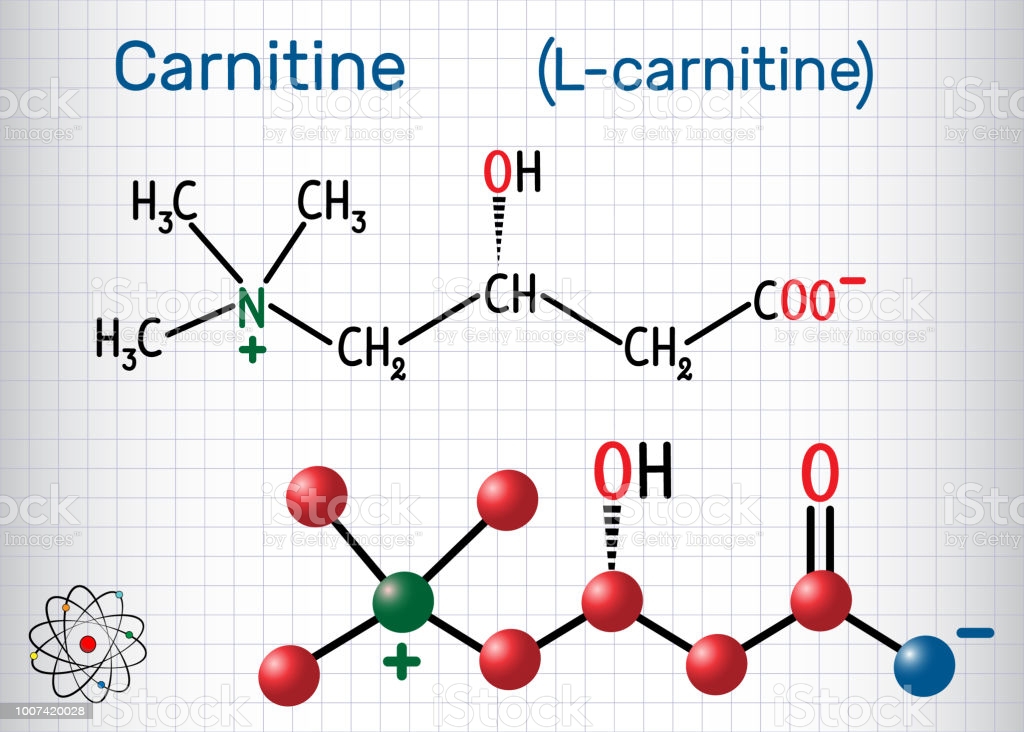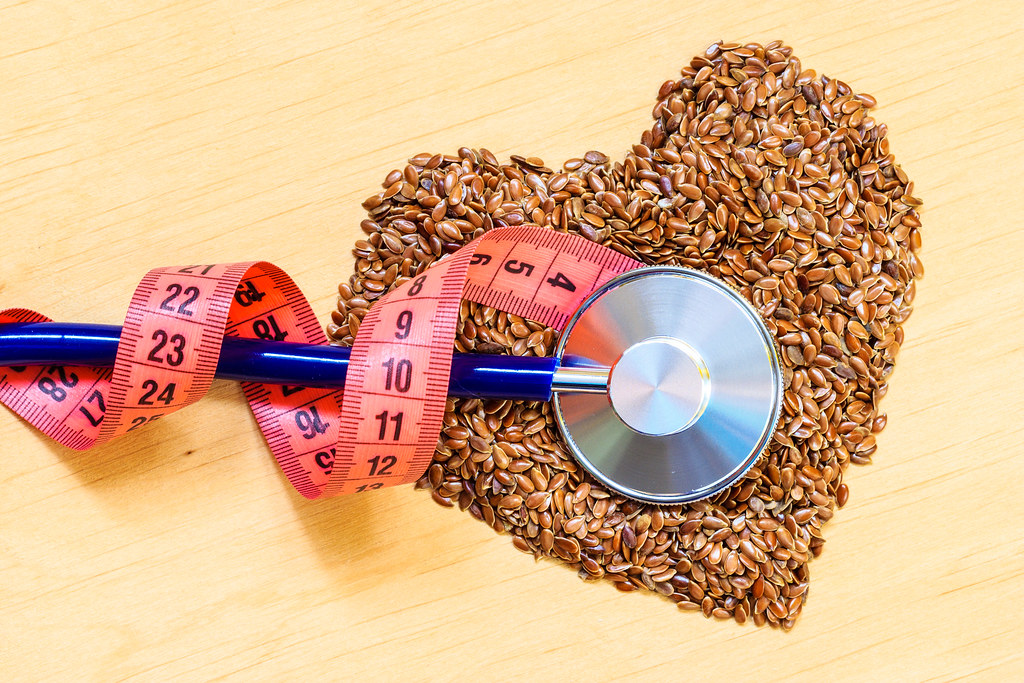The nootropic or simplified as a smart drug, brain booster or memory enhancing drug is a common term for a substance known for its positive impact on mental skills. They are mostly used to boost memory, focus, creativity, decision-making and motivation – most important aspects in today’s highly competitive society. In fact, the word nootropic comes from the Greek and it is roughly translated to bend or shape the mind.
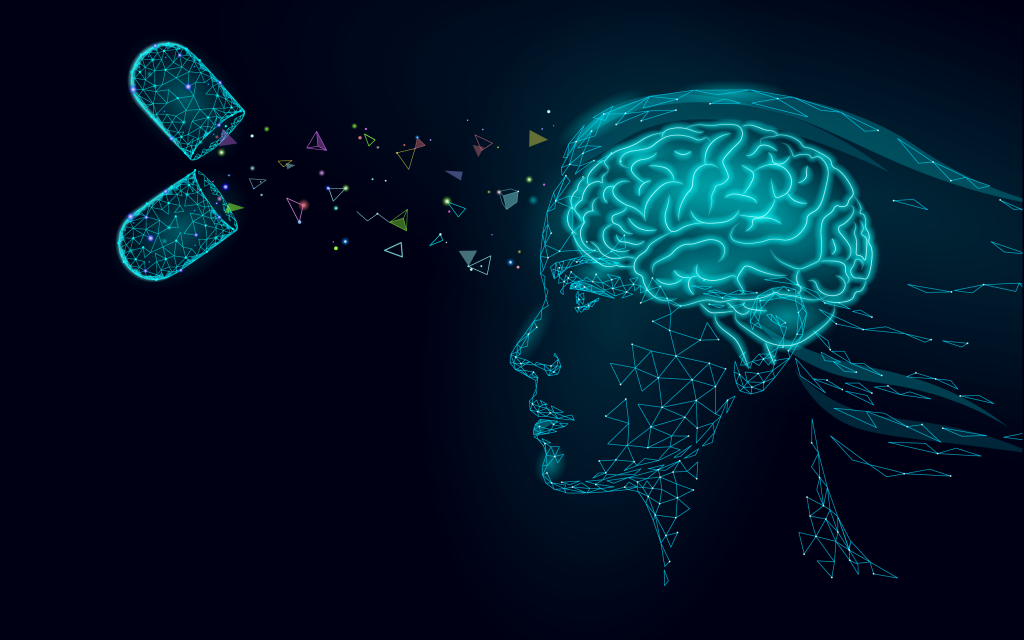
There are two different nootropics: synthetic, a lab created compound (e.g. Piracetam) and notable natural and herbal nootropics proven in boosting the brain function while at the same time making the brain healthier (associated to brain nutrition).
Most of the natural nootropics act as vasodilator against the small arteries and veins in the brain, increasing blood circulation in the aria and, at the same time, providing important nutrients and oxygen flow to the brain. The effect of natural nootropics is also shown to reduce the inflammation occurrence in the brain, to protect it from toxins and to minimize the effects of brain aging.
Commercialised natural nootropics in the market are reacting at different mechanisms, thus affecting different parameters. Natural nootropics alter the concentration of existing neurotransmitters. Natural nootropics have been disclosed to stimulate the release of dopamine, uptake of choline, cholinergic transmission, function of α-amino-3-hydroxy-5-methyl-4-isoxazole propionate (AMPA) receptor, turnover of phosphatidylinositol, and activity of phosphatase A2.
Here’s a look at the 6 best nootropics and how they enhance performance.
1. Caffeine
- most widely consumed psychoactive substance in the world
- naturally found in coffee, cacao, tea, guarana and added to many energy drinks and medications
- works by blocking adenosine receptors in your brain, making you feel less tired
- gives you more access to several chemicals (neurotransmitters) in your brain such as acetylcholine, which helps with short-term memory and learning
- a low to moderate caffeine intake of 40–300 mg increases your alertness and attention and decreases your reaction time

2. L-Theanine
- a naturally occurring amino acid found in tea, but it can also be taken as a supplement
- more effective when taken with caffeine
- may help you multitask better
- taking 200 mg of L-theanine has a calming effect, without causing drowsiness; taking even just 50 mg — the amount found in roughly two cups of brewed tea — has been found to increase alpha-waves in the brain, which are linked to creativity
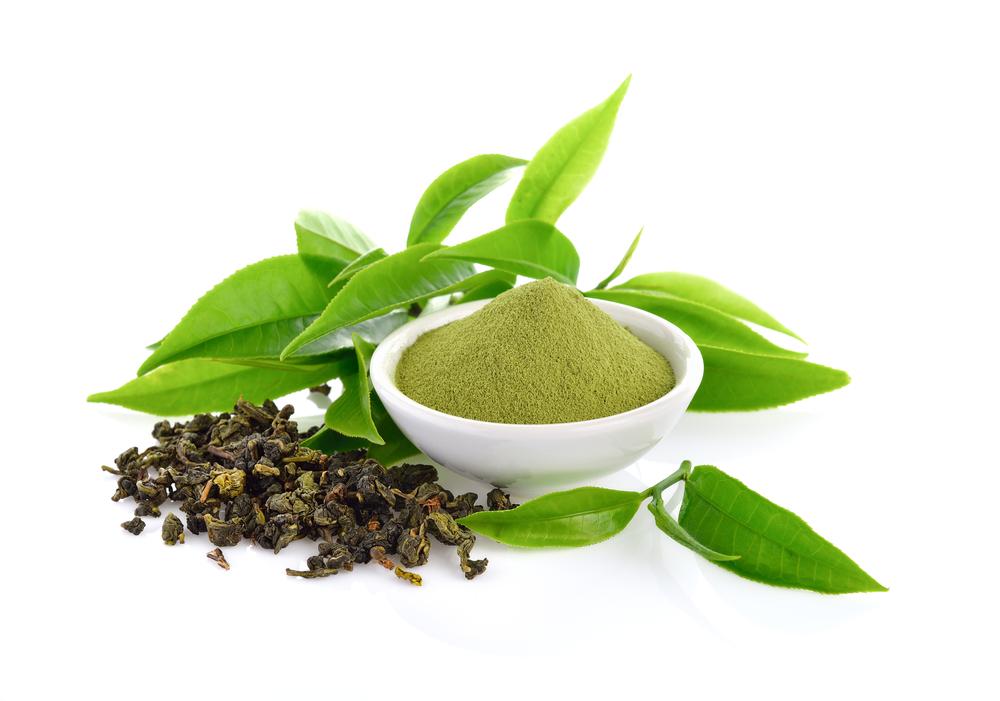
3. Bacopa monnieri (Brahmi)
- traditional Indian (ayurvedic) herb
- has purple flowers with oblong leaves (family of Scrophulariaceae)
- used for number of nervous system disorders, including insomnia, anxiety and epilepsy
- causes the branches of nerve cells (dendrites) to grow -> helps the brain processes information faster, reduces reaction times and improves memory
- contains active compounds called bacosides, which protect your brain from oxidative stress
- doses of 300‒500 mg should be taken for several months for maximum benefit

4. Ginkgo Biloba
- increased blood flow to the brain after supplementing
- treating Alzheimer’s disease patient or other cognitive disoders. Ginkgo biloba also has been listed under group of antidementia drugs
- improves memory and mental processing in healthy older adults when taken daily for six weeks
- took before a highly stressful task (120 – 240 mg), it reduces stress-related high blood pressure and decreases levels of cortisol, a type of stress hormone

5. Panax Ginseng (Asian Ginseng)
- plant root used for millennia in Traditional Chinese Medicine for the prevention and treatment of a variety of diseases
- the active constituents are ginsenoside saponins, which are divided into Panaxadiol, Panaxatriol and oleanolic acid groups
- provides neuro-protective effects on the dopaminergic-pathway which can help with ADHD
- acts as a strong anti-inflammatory and anti-oxidant by reducing cytokines, boosting ATP production in mitochondria
- taking a single dose of 200–400 mg of Panax ginseng has been shown to reduce brain fatigue and significantly improve performance on difficult tasks like mental math problems

6. Rhodiola Rosea
- growing on the sea cliffs and on the mountains (family of Crassulaceae)
- known as golden root and Arctic root
- reported to improve cognitive function, enhance memory and learning and protect the brain
- can improve mood and decrease feelings of burnout in both anxious and highly stressed individuals
- observed to increase the level of 5-HT and NE in the cerebral, prefrontal, and frontal cortex
- causes the upregulation of DA and ACh in the limbic system pathways, responsible for emotional calming
- taking small daily doses has been shown to reduce mental fatigue and increase feelings of well-being in college students during stressful exam periods
- acting as antioxidant agent
- lowering the risk of Alzheimer’s disease

#Nootropics #Stimulent #IncreaseEnergy #CognitivePerformance #HealthyNeurons #Caffeine #Theanine #GinkgoBiloba #BacopaMonneri #Brahmi #Rhodiola #Ginseng #ChineseMedicine #NutriFix #FixingNutrition #HealthAndLongevity #NutritionKnowledge #NutritionKnowHow #YouAreWhatYouEat
~Andreea


